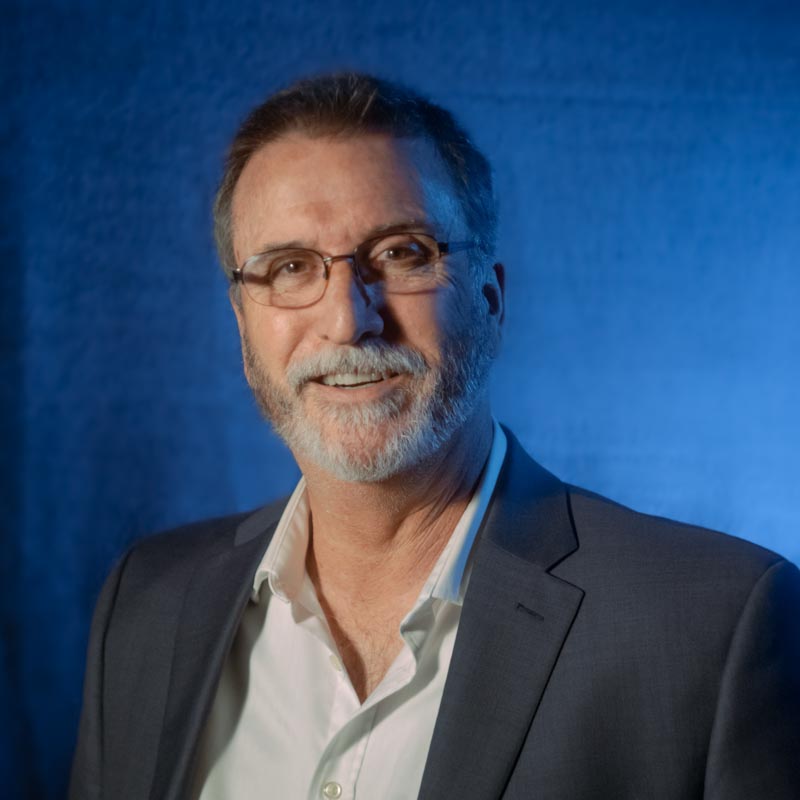Our Cleaner Planet, a non-profit startup with an innovative technique to remove plastics from our oceans, announced today that it has successfully completed prototype testing of its first plastic harvester and is now ready to move forward with larger unit testing. The program is scheduled to launch the first of its full-sized, plastic harvesters into ocean operation in 2025.
Pat Marshall, founder of Our Cleaner Planet, says that he and the development team are very encouraged by the results of the prototype tests. “The test parameters for our 1:164-scale prototype were set up to evaluate speed and control and the first stage of the filtration process,” he said. “We exceeded on all levels and we are excited to move on to our larger scale, test model.” The next step is a 1:12-scale unit that the team expects to start testing in early 2022.
Marshall, an accomplished aerospace engineer and executive with many years of research and development experience in the aerospace sector, created Our Cleaner Planet with the mission to harvest plastics from our oceans by developing innovative, sustainable methods that leverage proven engineering to create a cleaner, healthier planet. Our Cleaner Planet has a patent-pending design that is focused not only on the larger, macroplastics, but also on the much smaller micro- and nanoplastics. This is an important distinction because many current cleanup efforts focus solely on the larger pieces of plastic leaving the smaller pieces to continue damaging the ocean ecosystem and our global environment.
“The problem has become much more impactful than just the sheer mass of plastic now in our oceans. Plastic does not biodegrade. Instead, it breaks down into smaller pieces. These smaller pieces continue to get smaller and more toxic, creating a domino effect of damage extending from the fragile ecosystems in our oceans to our global environment and all the way up the food chain to human ingestion,” Marshall revealed. “Removing plastics from the oceans is only part of the solution to this problem, but it is the important first step that Our Cleaner Planet will take.”
In its efforts to attack this wide-ranging plastic problem, Our Cleaner Planet’s system will include a large ship that utilizes an ocean-borne, plastic debris harvesting process. The process will not only remove the macro- and microplastics, but it will also introduce a unique method of removing nanoplastics down to 5 microns in size. The system will extend from surface level to a depth of 60 feet, allowing Our Cleaner Planet to remove the much smaller plastics more effectively and at much deeper levels of the ocean. The company expects to develop a fleet of ships with each vessel capable of removing up to 1000 metric tons of plastics from the oceans each year.
Marshall explained that Our Cleaner Planet is targeting a net zero harvesting system. “Harvested plastics will be further processed into fuel onboard and each ship will be outfitted with CO2 scrubbers. Ash will be the sole byproduct of the process and excess ash will be further utilized in other industries finally completing the lifecycle of the harvested plastic,” he said
Our Cleaner Planet was founded as a non-profit organization in 2018, but Marshall has been working on the problem and his patent-pending solution for more than eight years. He has assembled a team of professionals with decades of experience piloting complex projects from research and development to commercial release. Marshall says this gives them an extra advantage in development and implementation.
“Instead of rushing to the ocean with an unproven design, wasting crucial time and investment capital, my team and I have been adamant about proving our concept and testing the design before we went public,” he said. Marshall and his team are currently seeking funding and additional support and expect to launch Our Cleaner Planet’s first full-sized ship in early 2025.
For more information on Our Cleaner Planet, the plastic pollution problem, or to find ways to support the program, please visit www.ourcleanerplanet.com.

